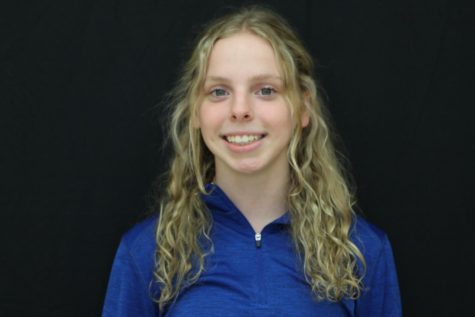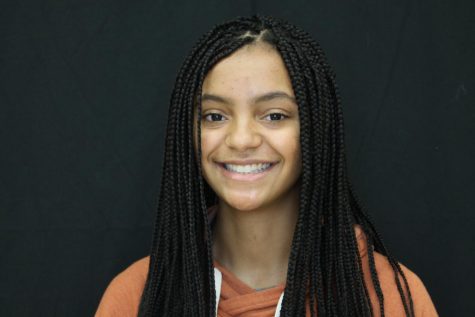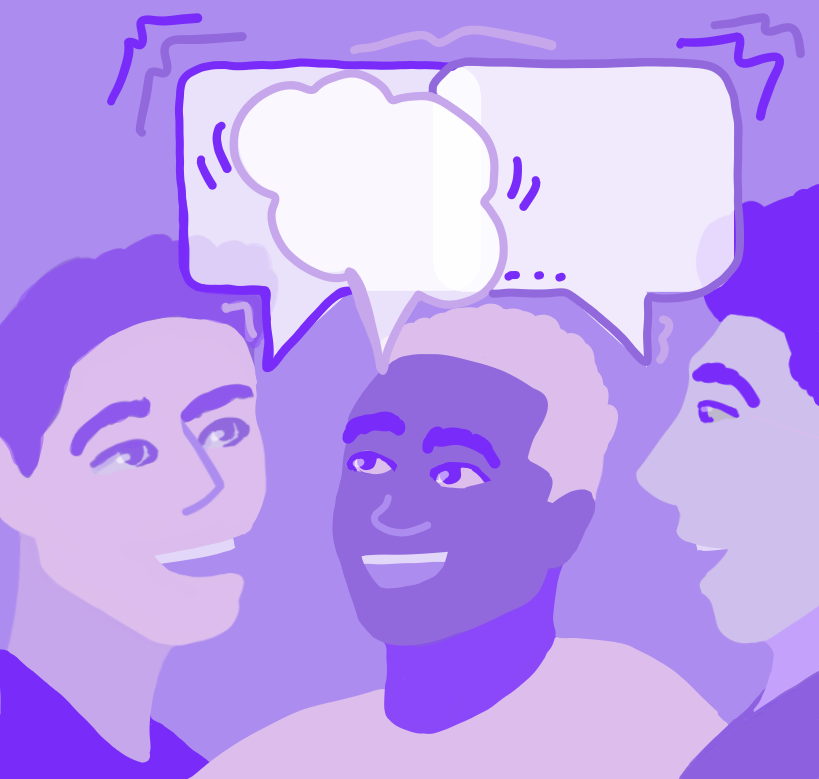Shaping the minds of young people
The district’s role in students discussing controversial topics
Photo by Ava Bartels
The district plays a crucial role in providing students with the opportunities and the skill set to discuss controversial issues is a productive and respectful manner.
Generally speaking, the purpose of the public school system is to prepare students for what is next. Whether that is moving on to college, or entering the workforce, our many years of schooling are meant to provide us with a solid foundation. A quality education is built off of many different skills such as reading and writing, but also being able to think critically and problem solve to become a more thoughtful, insightful individual. Critical thinking is such a crucial skill when it comes to discussing controversial topics. In order to accurately articulate what we are thinking, we have to be able to analyze a topic or situation to gain a deeper understanding. Takako Olson, Director of Curriculum & Instruction at LPS, elaborates on the importance of developing good critical thinking skills.
“Critical thinking is dissecting the information so that it’s not necessarily the surface level conversation, but digging deeper into the topic that we’re discussing,” Takako Olson said.
Besides building some of these skills, being able to have conversations in regards to more controversial topics will be of vital importance looking forward. We have seen throughout our country the violence that has been stirred about when people with starkly different beliefs are unable to discuss problems civilly and respectfully. In a single classroom you are going to have various students from all different backgrounds that carry with them contrasting perspectives and opinions. Dr. Patrick Hunter-Pirtle, Director of Secondary Instruction at LPS, mentions why it is important that we discuss controversial topics with other students.
“There needs to be mediation and there needs to be a meeting of minds in the middle, rather than just always being so diametrically opposed,” Dr. Hunter-Pirtle said.
Having difficult conversations is a life skill, it is unavoidable. While it can be uncomfortable at times, in the end we are better off for it. In order to develop a more well rounded understanding on a topic or situation, we have to talk about it. Most importantly, we have to converse with other people even if we have opposing views.
“We have to be willing to listen to all sides,” Dr. Hunter-Pirtle said. “Sometimes we can get so caught up with our own beliefs that we don’t think about how other people may hold beliefs different than we do.”
With our country being as divided as it is, as a district it is important that we encourage our students to engage in more difficult conversations, and help our teachers facilitate those conversations to promote growth. Our polarized political climate has split most people either left or right on virtually every political issue. Progress only occurs when people across the spectrum are able to sit down and discuss. Developing the skills to tackle those controversial issues starts in school. The role of the district is not to determine what is right or wrong, but to provide students with the opportunity and the skill set to determine that on their own.

Hi, my name is Kamryn Snyder and I am a senior at East High. I am so excited to be a part of the Oracle staff this year as the editor-in-chief! Here at...

Hi, my name’s Ava Bartels, I’m a senior, and this is my second year on The Oracle. In my free time, I enjoy drawing and sketching people, biking, and...



